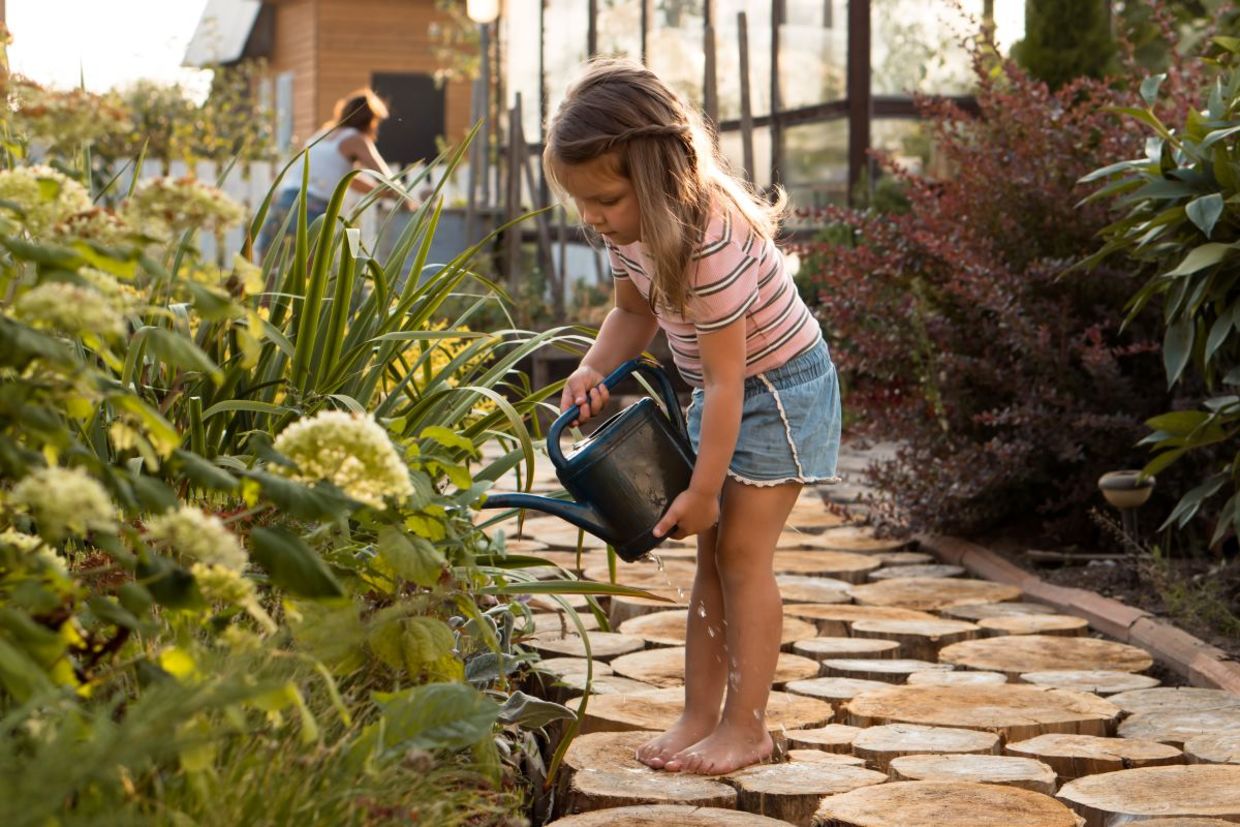
(Nata Navo / Shutterstock.com)
The long hot days of summer are here. While we can escape the heat by going indoors and drinking cold beverages, your plants cannot. That’s why you have to help keep your garden cool when the temperatures soar. Here’s five tips on how to take care of your garden during these record-breaking heat waves.
Use Mulch
One of the best ways to protect your plants from the summer heat is by adding mulch, according to Country Living. Mulch provides moisture – by preventing evaporation – while also suppressing the growth of weeds. All you need to do is place a thick layer of mulch on top of a few inches of soil. Organic mulch is full of important nutrients that will help your plants grow despite the heat.
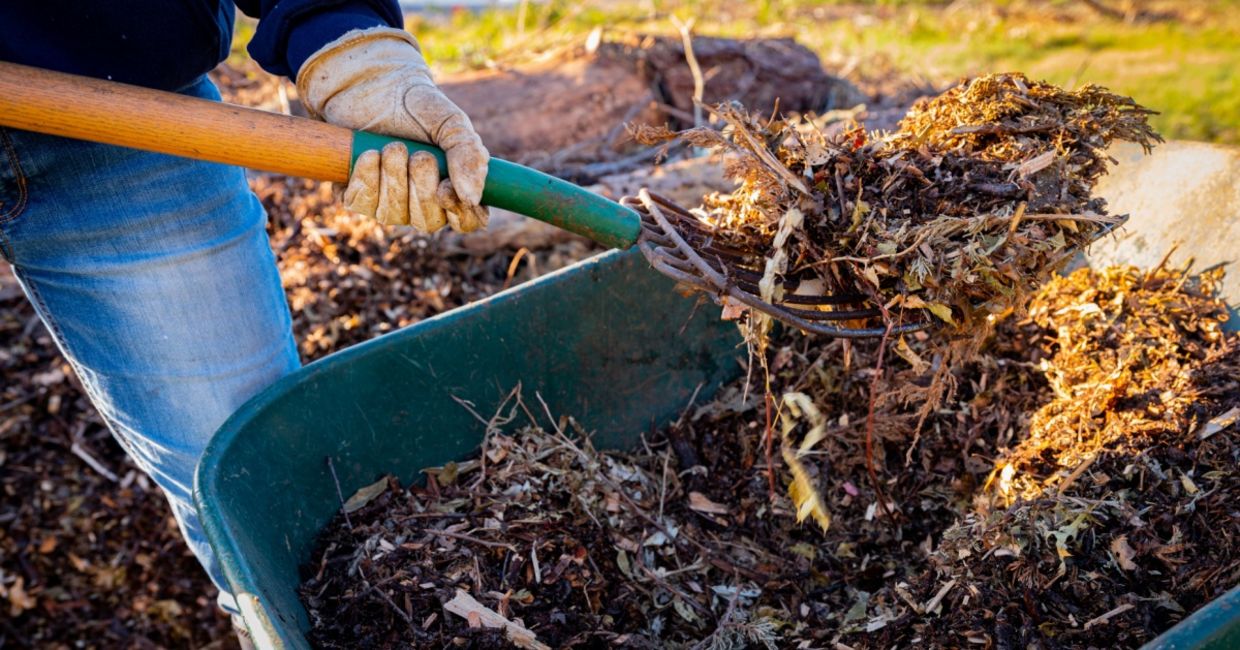
(NayaDadara / Shutterstock.com)
Change Your Watering Schedule
Since plants need extra water during extreme heat, especially if you are in a drought area. Instead of watering during the hottest parts of the day when it is likely to evaporate, change your schedule and water in the evening after the sun goes down or during the early morning. This will allow the water to soak into the soil and provide moisture for your plants. If you live in a drought prone area, you can set up sustainable watering systems, suggested Treehugger, like a rainwater harvester and drip irrigation.
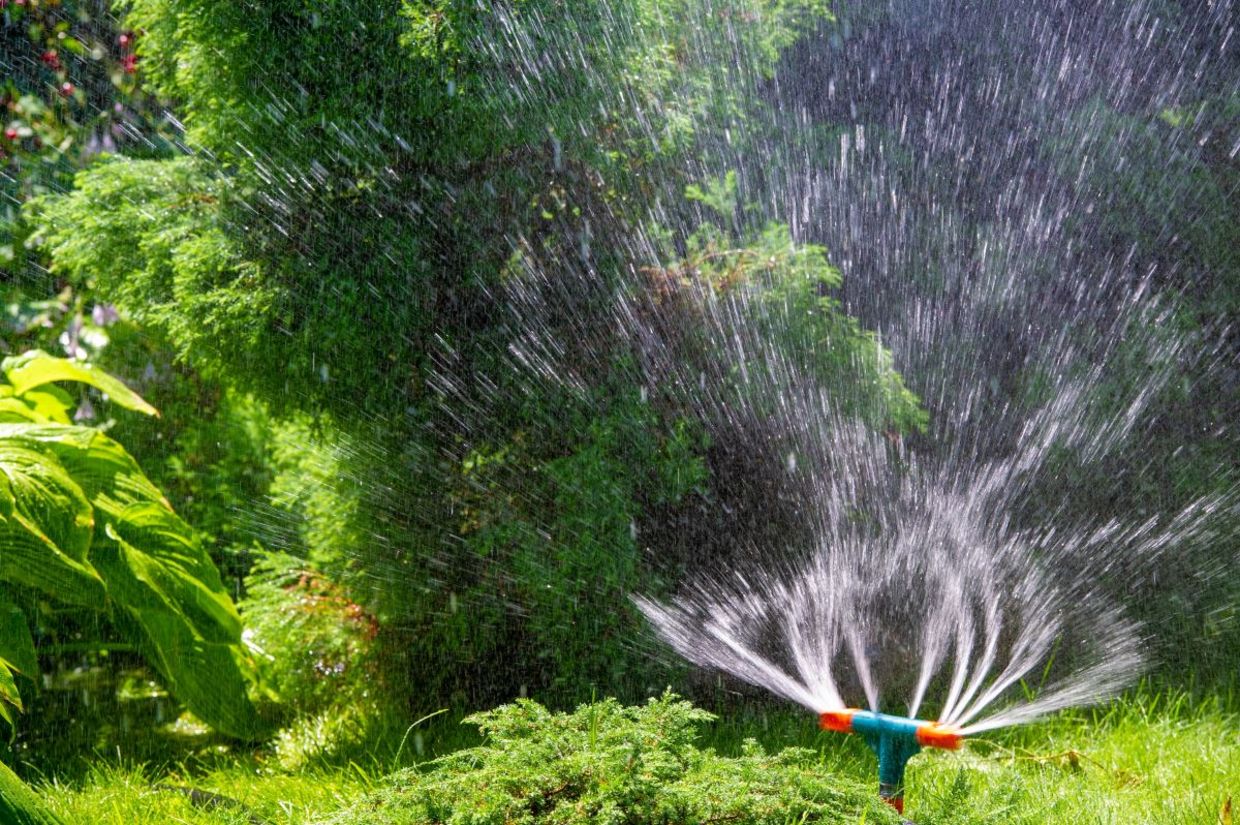
(Tatyana Mi / Shutterstock.com)
Create Shade
When it is really hot, plants need extra shade to reduce stress. You can increase shade by planting your garden in an area near trees and bushes. Of course, that won’t help a vegetable garden that was planted in rows away from trees. But you can still help your plants survive the heat by using shade netting. If you have potted plants, move them into a shady spot by a wall and remember to water frequently.
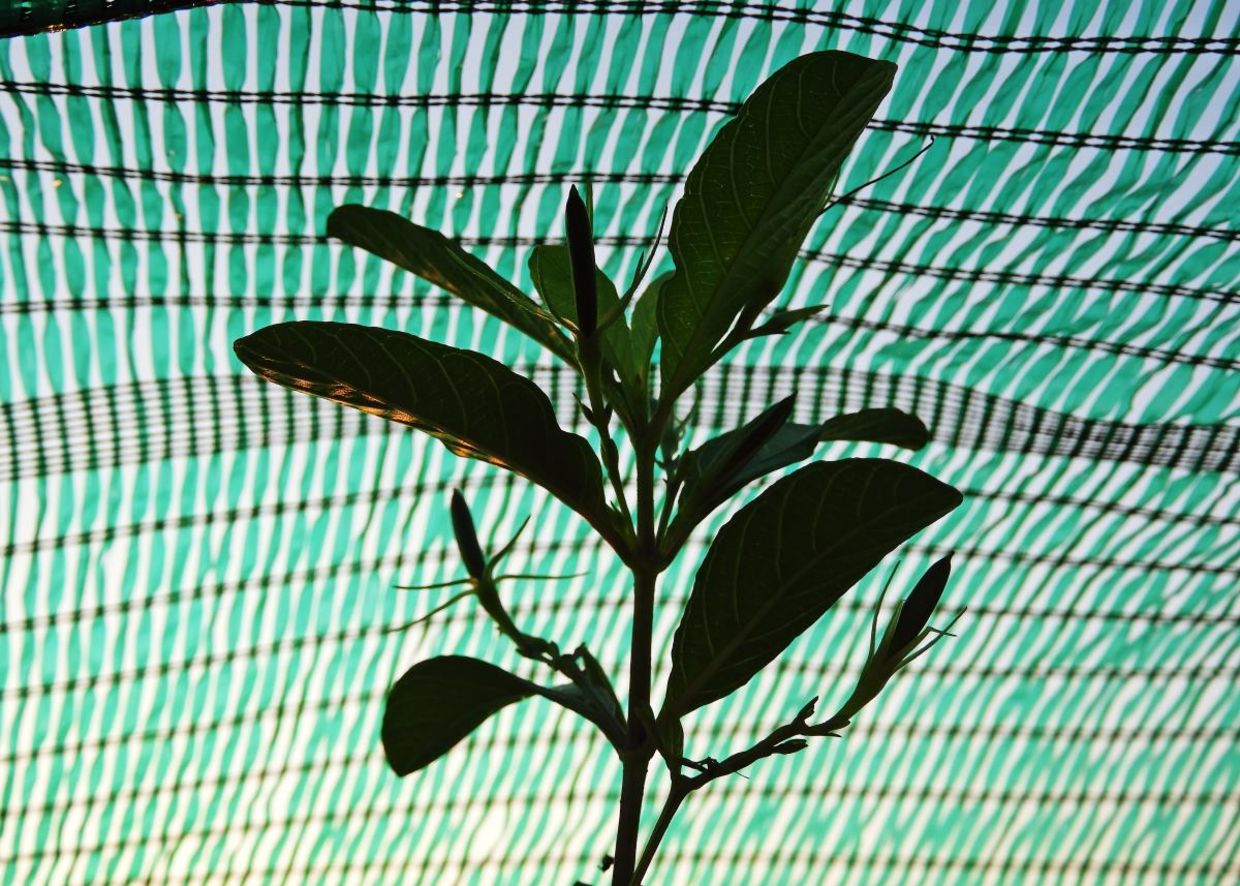
(noomsitiracht / Shutterstock.com)
Use Native Plants
Another way to keep your garden safe from the sun also takes some pre-planning. The WeCareDenali website suggests that if you use plants that are native to the zone you live in, then they are already acclimated to the area. Native plants are much more likely to survive drought and extreme temperatures. Using ground cover plants also requires far less water than a grass lawn. But if you do have a lawn, leave the grass clippings after you mow.
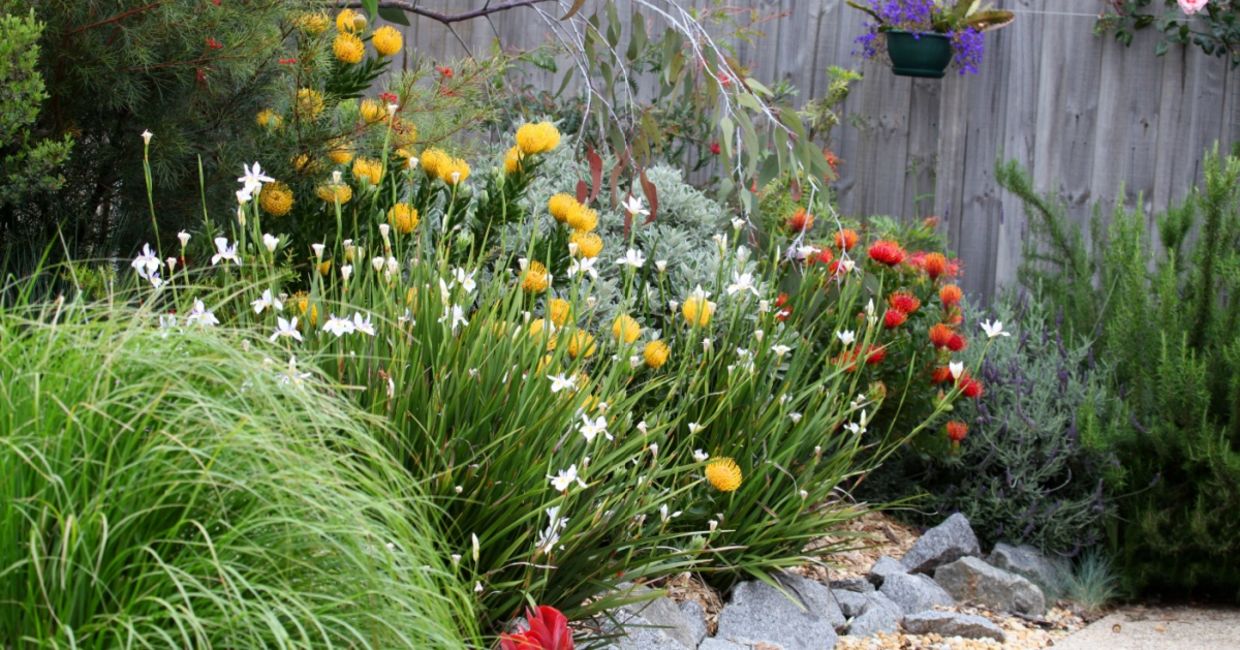
(Jacqui Martin / Shutterstock.com)
Plant Wildflowers
Scattering wildflower seeds on any unused part of your garden will help bees, butterflies, and insects survive the heat, according to Country Living. Plants like nettles, buttercups, and daisies are a good source of food for critters. Set up a bird bath for birds and insects to cool off in. Sharing your garden with nature is the right thing to do.







